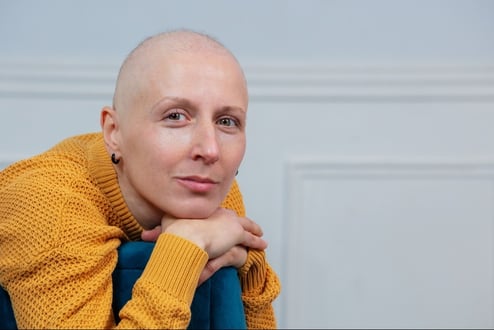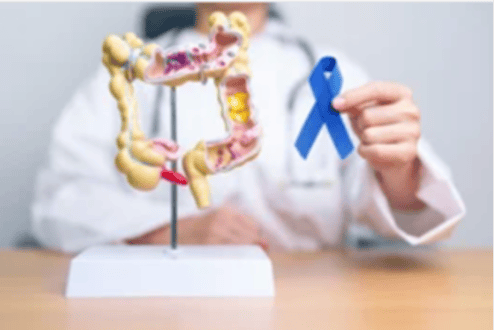ATM: Options for Cancer Treatment
Cancer Treatment for People with Inherited Mutations
Testing positive for an inherited mutation may affect your treatment options or eligibility for clinical trials studying which treatments work best. The following are examples of situations where an mutation may play a part in treatment decision-making.
Radiation therapy in people with a mutation in both copies of their gene
People with an in both copies of the gene (people with Ataxia-Telangiectasia) are very sensitive to radiation damage. However, according to experts, people with a single mutation can safely undergo radiation therapy to treat their cancer as recommended by their oncologist.
Breast cancer surgical decisions
It is believed that the risk for a second breast cancer diagnosis in women with an mutation is slightly higher than women without a mutation. For this reason, some women with mutations who are diagnosed with breast cancer may choose mastectomy rather than and radiation. Mutation carriers who undergo mastectomy are less likely to develop a second breast cancer. These decisions should be made after discussion of the benefits and risks of each option with your healthcare providers.
Targeted therapies for advanced cancers
PARP inhibitors are a type of that work by blocking a protein used to repair damage. People with an mutation who have been diagnosed with cancer may want to ask their doctor about whether they might benefit from therapy or a research study.
PARP inhibitors for prostate cancer
The PARP inhibitors, Lynparza () and () have received FDA-approval to treat , (mCRPC), with a mutation in or another gene linked to a certain type of damage repair.
PARP inhibitors for advanced ovarian, or primary peritoneal cancer
Several PARP inhibitors have been approved to treat ovarian cancers at different stages of the disease. In some situations, a tumor known as an test ("") can help identify which ovarian cancers may respond to treatment with a .
after treatment
- testing can help people with advanced ovarian cancer learn if they may benefit from the , Lynparza () in combination with Avastin (bevacizumab) as after platinum chemotherapy.
- () is approved for in people with advanced ovarian, , or primary peritoneal cancer who had a complete or partial response to platinum-based chemotherapy. for does not require an test.
after treatment of recurrent cancer
- , () and Lynparza are all approved for maintenance therapy in people with recurrent epithelial ovarian, , or primary peritoneal cancer who are in a complete or partial response to platinum based chemotherapy. In this setting, none of these drugs requires an test.
To learn more about treatment options for specific types of cancer, visit our section on cancer treatment by cancer type.
PARP inhibitors or other targeted therapies for advanced cancers with no other treatment options
If you have an mutation and another type of advanced cancer that no longer responds to standard therapy, you may want to talk with your doctor about whether you might benefit from treatment with a or participation in a clinical trial.
In the News
Participate in Research
More Resources
Participate in Treatment Research
The treatment studies below are enrolling people with mutations. To search for more studies, visit our Search and Enroll Tool.
NePtune: Using PARP Inhibitors Before Surgery in Localized Prostate Cancer
Clinicaltrials.gov identifier: NCT05498272
Post-surgery Immunotherapy (Toripalimab) for MMR-D / MSI-H Stage IIB-III Colon Cancer
Clinicaltrials.gov identifier: NCT07140679
Study of the Drug Olvi-Vec in Women with Ovarian Cancer
Clinicaltrials.gov identifier: NCT05281471
Treating Metastatic Prostate Cancer with a New PARP Inhibitor AZD5305 Combined With Hormone Therapy
Clinicaltrials.gov identifier: NCT05367440
Stories from the Community
June 11, 2021












